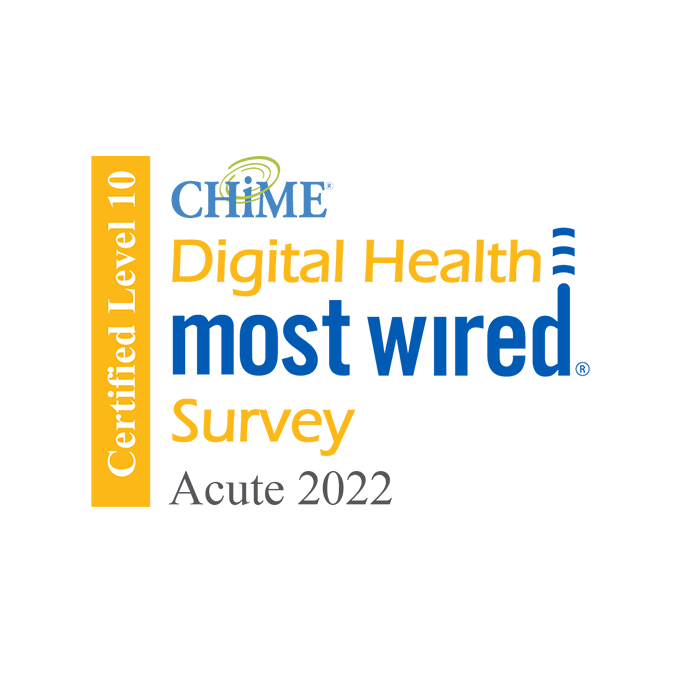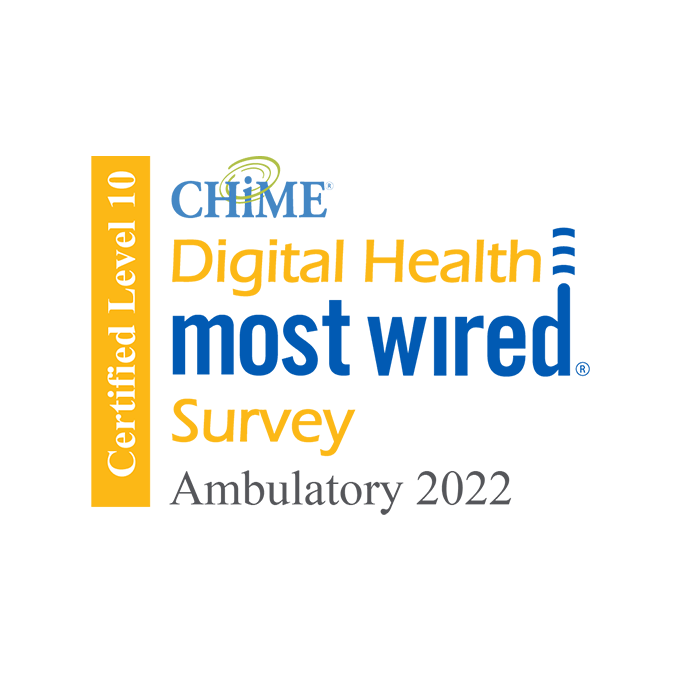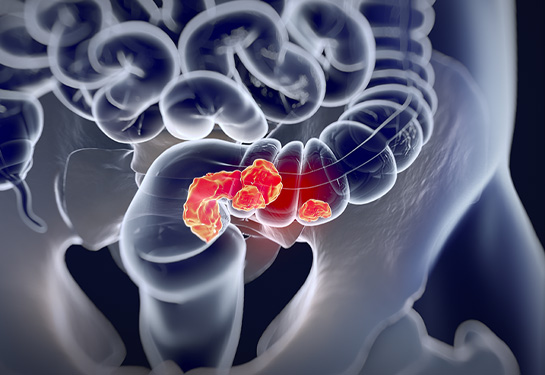Alcohol-Associated Liver Disease
Ongoing alcohol use can take a toll on your liver. At UC Davis Health, you’ll find compassionate help to reduce its impact on your well-being.
Medically reviewed by Valentina Medici, M.D. on Aug. 29, 2023.

What Is Alcohol-Associated Liver Disease?
Alcohol-associated liver disease, also called alcohol-induced liver disease, occurs when ongoing alcohol use injures your liver. There are three stages:
- Steatotic (Fatty) Liver Disease: Fat accumulates in your liver cells.
- Hepatitis: Inflammation that can lead to liver failure.
- Cirrhosis: Scarring of the liver with severe, irreversible liver damage and loss of function.
At UC Davis Health, you receive services from liver experts (hepatologists) who care about you. Our team understands the challenges that alcohol-induced liver disease can bring to your health and daily life. We are here for the treatments and support you need.
Alcohol-Associated Liver Disease Symptoms
Liver damage from alcohol consumption occurs over time. You might not notice early symptoms. As the condition progresses, your liver can’t function as it should, causing you to feel sick.
Common Symptoms
Alcohol-induced liver disease may cause:
- Abdominal discomfort and vomiting
- Bruising easily
- Increased risk of bleeding from the gastrointestinal tract
- Loss of appetite
- Mental confusion or brain fog
- Mood swings
- Ongoing tiredness (fatigue)
- Swelling of the abdomen and legs
- Unexpected weight loss or weight gain
- Yellowing of your skin or eyes due to jaundice
Causes and Risk Factors of Alcohol-Associated Liver Damage
The primary cause is heavy, ongoing alcohol use. Risk factors for alcohol-associated liver disease include:
Existing Liver Disease
Hepatitis C infection can increase the likelihood of alcohol-induced liver damage.
Obesity
A high-fat diet and excess weight put strain on your liver.
Diagnosing Alcohol-Associated Liver Disease
Evaluations include blood tests to assess liver function and check for other conditions, including infections, that cause similar signs and symptoms. We also perform advanced imaging studies, such as ultrasound elastography, which uses sound waves to detect liver damage.
In some cases, we recommend a liver biopsy, taking a tissue sample and examining it under a microscope. A biopsy can confirm an alcohol-induced liver disease diagnosis when other test results aren’t conclusive.
UC Davis Health offers all the assessments you need for an accurate diagnosis. Our extensive experience enables us to detect subtle signs of disease that can be easy to miss. This expertise enables you to start treatments sooner and slow the rate of liver damage.
Treatments for Alcohol-Induced Liver Disease
Our experts offer comprehensive alcohol-associated liver disease care. Treatment for early stage disease can stop liver damage from worsening.
At UC Davis Health, there’s still hope, even if initial therapies aren’t successful. You receive the support you need to push past challenges. We are also one of the few programs in the region offering life-saving liver transplant surgery.
Stop Drinking Alcohol
Quitting alcohol is essential. If you need help, UC Davis Health is home to addiction psychiatrists who deliver outpatient substance use disorder treatment.
Nutrition Support
Alcohol-induced liver disease symptoms can make it challenging for your body to take in the nutrients it needs to promote healing. Our registered dietitians help you make changes to your diet, which may include increasing protein intake and lowering fat and salt intake.
Inpatient Care for Alcohol Withdrawal Syndrome
Some people get sick when they suddenly stop drinking. Our inpatient services, which may include intravenous (IV) fluids and medications, help you stay safe and as comfortable as possible.
Procedures to Prevent and Manage Complications
We deliver therapies to protect your liver while it heals. You may need a procedure to stop internal bleeding or widen narrowed blood vessels in your liver.
Liver Transplant
A liver transplant procedure replaces your liver with a healthy one from another person.
Preventing Liver Damage Due to Alcohol Consumption
You can potentially avoid alcohol-induced liver disease by not drinking. Steatotic (fatty) liver disease and hepatitis may be reversible with successful treatment.
How common is heavy drinking?
10-12%Of Americans are affected
What is heavy alcohol consumption in men?
21Drinks per week
What is heavy alcohol consumption in women?
14Drinks per week
Sources: NIH National Library of Medicine: Alcoholic Liver Disease
Centers for Disease Control and Prevention (CDC): Dietary Guidelines for Alcohol
Request an Appointment
As Sacramento's No. 1 hospital, you'll benefit from unique advantages in primary care and specialty care. This includes prevention, diagnosis and treatment options from experts in 150 specialties.
Referring Physicians
To refer a patient, you can submit an electronic referral form or call.
800-4-UCDAVIS
Patients
For questions and appointment information
Consumer Resource Center
800-2-UCDAVIS

Ranked among the nation’s best hospitals
A U.S. News & World Report best hospital in cancer, cardiology, heart & vascular surgery, diabetes & endocrinology, ENT, geriatrics, neurology & neurosurgery, obstetrics & gynecology, and pulmonology & lung surgery.

Ranked among the nation’s best children’s hospitals
A U.S. News & World Report best children’s hospital in diabetes & endocrinology, nephrology, and orthopedics*. (*Together with Shriners Children’s)

Ranked Sacramento’s #1 hospital
Ranked Sacramento’s #1 hospital by U.S. News, and high-performing in COPD, colon cancer surgery, diabetes, heart attack, heart failure, hip fracture, hip replacement, kidney failure, leukemia, lymphoma & myeloma, lung cancer surgery, ovarian cancer surgery, pneumonia, prostate cancer surgery, stroke, TAVR, uterine cancer surgery, gastroenterology & GI surgery, and orthopedics.

The nation’s highest nursing honor
UC Davis Medical Center has received Magnet® recognition, the nation’s highest honor for nursing excellence.

“Most Wired” for acute care
UC Davis Health has been recognized as a level 10 out of 10 in the Digital Health “Most Wired” program from the College of Healthcare Information Management Executives (CHIME). The honor recognizes excellence in using technology to improve the delivery of care.

“Most Wired” for ambulatory care
UC Davis Health has been recognized as a level 10 out of 10 in the Digital Health “Most Wired” program from the College of Healthcare Information Management Executives (CHIME). The honor recognizes excellence in using technology to improve the delivery of care.

World-class cancer care
One of ~56 U.S. cancer centers designated “comprehensive” by the National Cancer Institute.

A leader in health care equality
For the 11th consecutive year, UC Davis Medical Center has been recognized as a “Leader in LGBTQ+ Healthcare Equality.”

